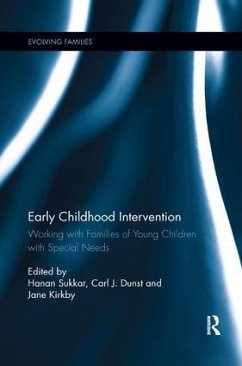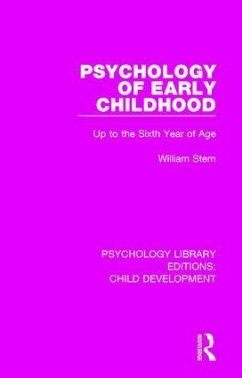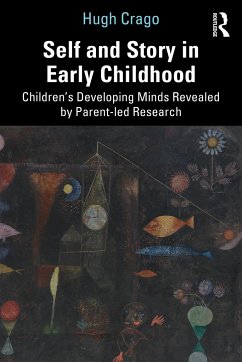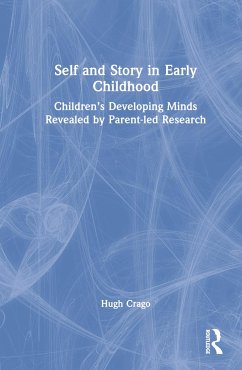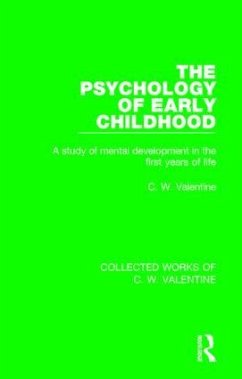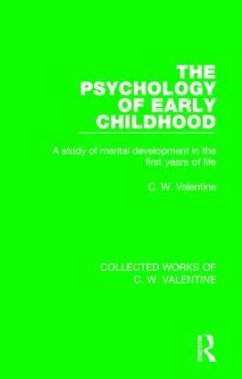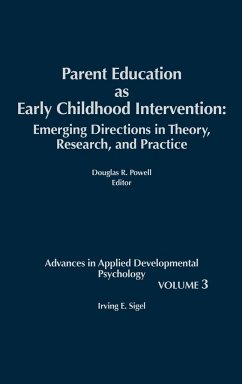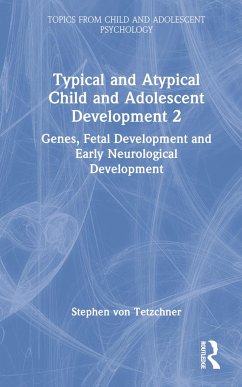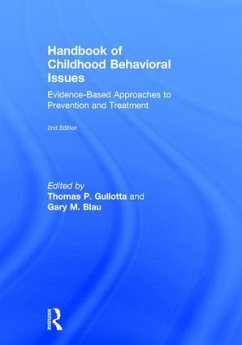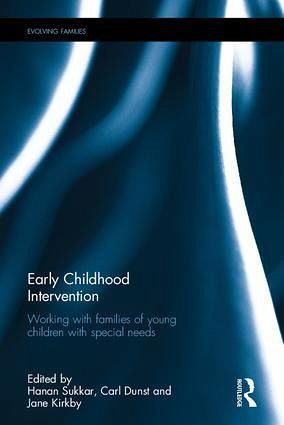
Early Childhood Intervention
Working with Families of Young Children with Special Needs
Herausgeber: Sukkar, Hanan; Kirkby, Jane; Dunst, Carl

PAYBACK Punkte
109 °P sammeln!
This book explores the family-centred practices and systems factors which influence families' experiences raising children with complex needs. It also considers the ways in which professionals can work with families to build and support parent and child competence. Conceptual and practical work from Australia, Canada, Europe and the United States present descriptions of and implications for different family system frameworks and early-childhood programs. Contributors in this edited volume bring together contemporary information that bridges the research to practice gap in supporting families o...
This book explores the family-centred practices and systems factors which influence families' experiences raising children with complex needs. It also considers the ways in which professionals can work with families to build and support parent and child competence. Conceptual and practical work from Australia, Canada, Europe and the United States present descriptions of and implications for different family system frameworks and early-childhood programs. Contributors in this edited volume bring together contemporary information that bridges the research to practice gap in supporting families of young children with disabilities or delays.





